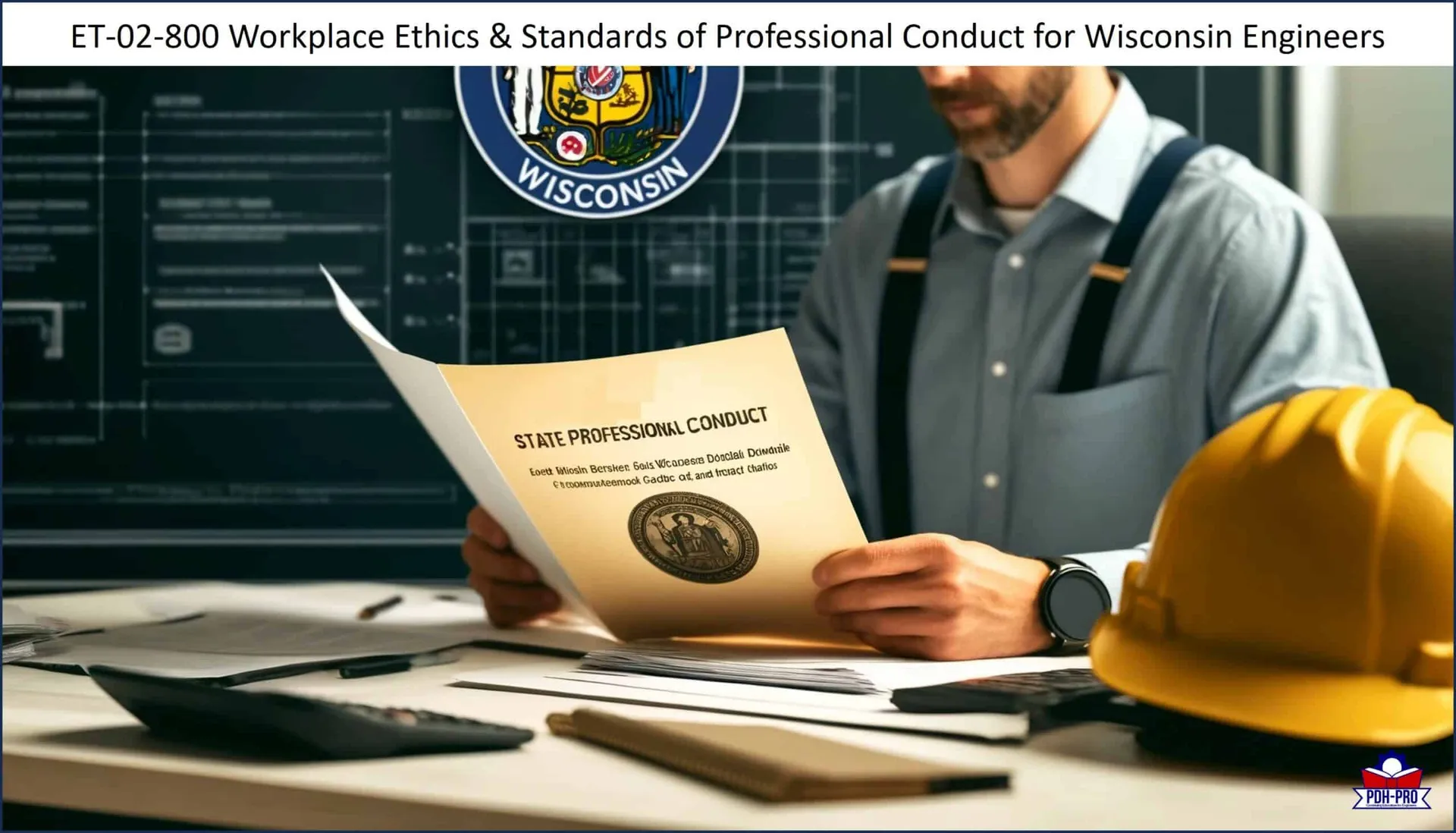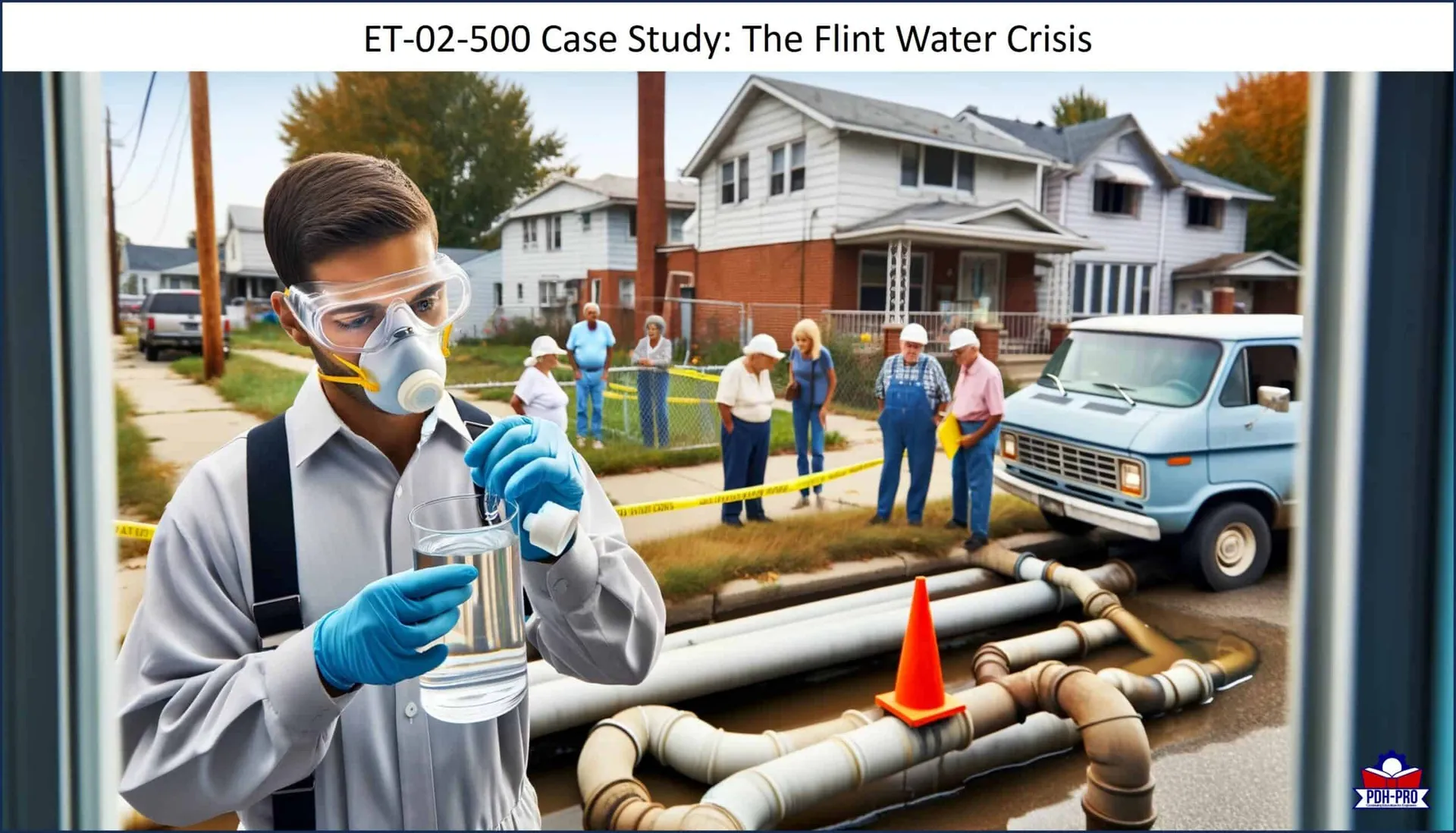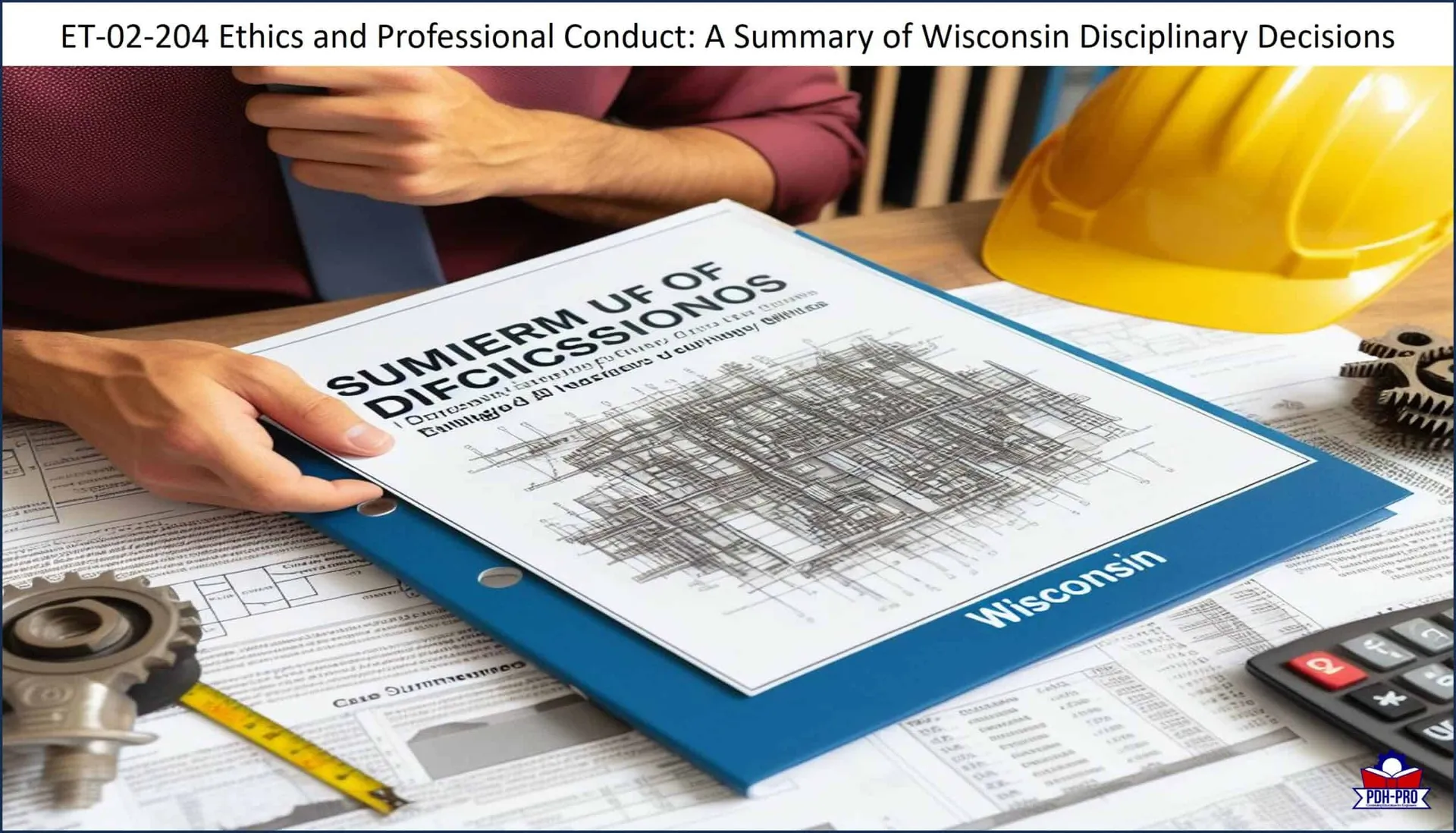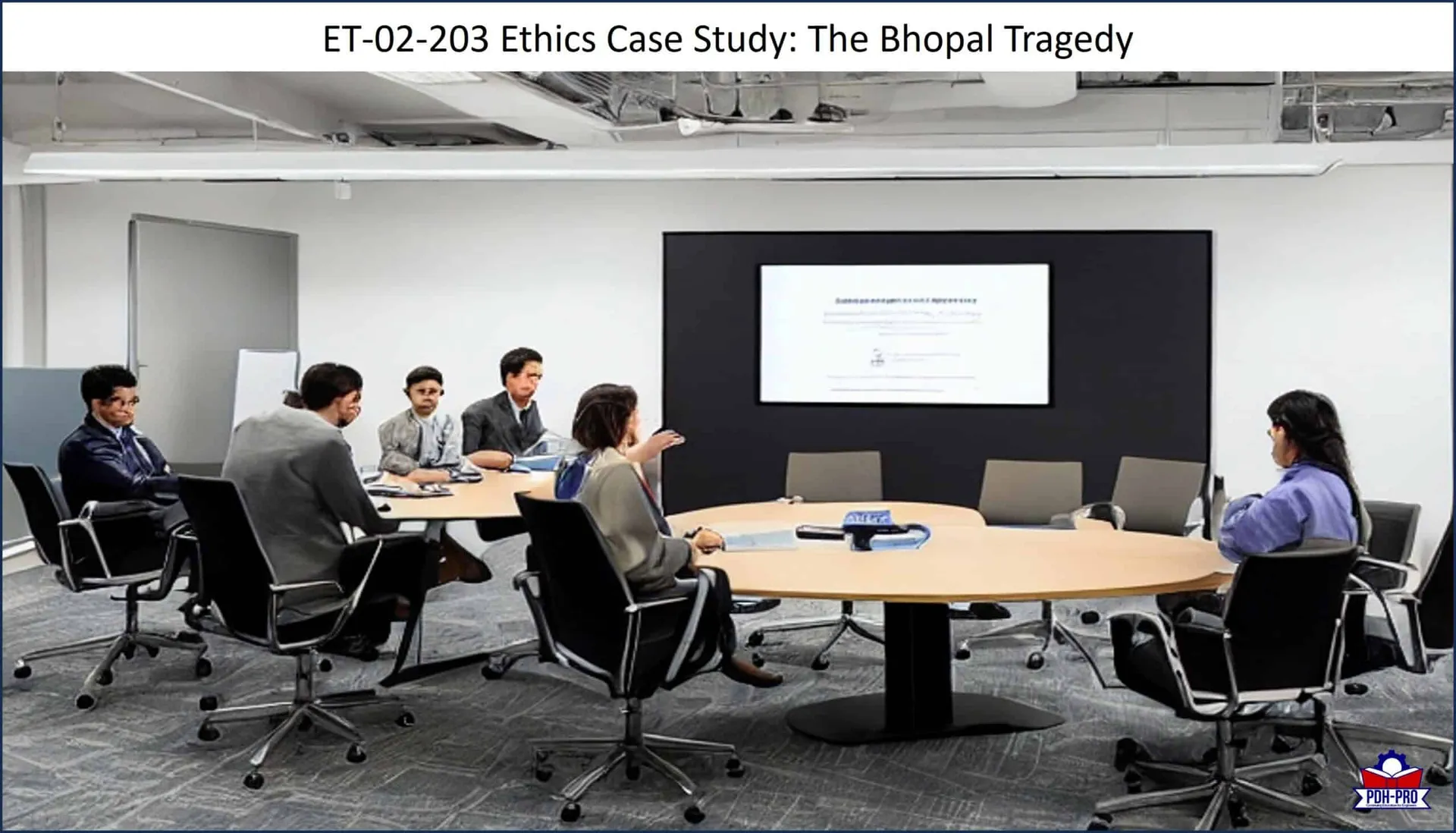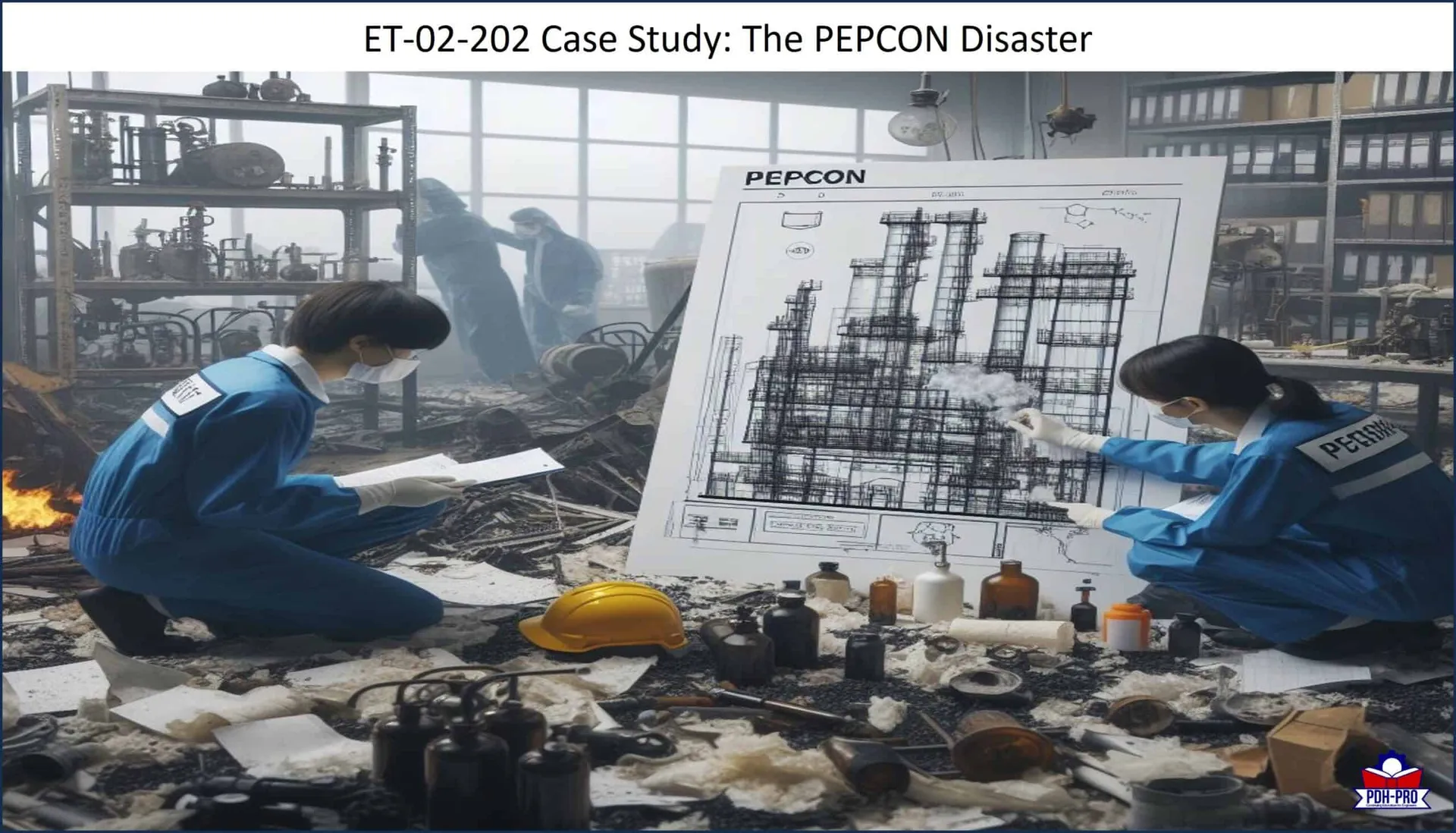Course Categories
- Chemical Engineering
- Civil Engineering
- Electrical Engineering
- Environmental Engineering
- Ethics and Law
- Geotechnical Engineering
- HSSE
- Live Webinars
- Mechanical Engineering
- On Demand Webinars
- Packages
- Petroleum Engineering
- Project Management
- State Rules and Regulations
- Structural Engineering
- Sustainability
- Timed & Monitored – Ohio

